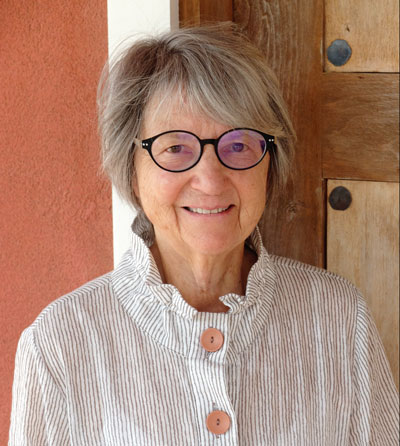The business owner’s dream, early retirement –
In the end, almost every owner wants to sell his or her business. Many want to sell it at a price that will pay them in retirement what they earned while working. Few do. One must plan way in advance to sell and earn the same. Earning the same from merely the sale of the business is unlikely.
I first ran into this problem of not earning from the sale what one earned from the operation, with a bar and restaurant owner in Northern Michigan, a friend. The business had been in the family for two generations and was really making some money. Likely they could have sold at a relatively good multiple of cash-flow-to-owner. The restaurant owner, then 50, quickly had his hopes dashed. He still runs the restaurant.
Unfortunately few small to medium-sized businesses sell for as much as three times cash to owner. But, lets say that my friend’s does. And, lets assume he has done no saving, is not eligible for social security, has no business debt to pay off at the close of the business, and has not inherited the family fortune. (Quite a bit to consider.) His investments after the sale of the business would need to generate 33% at least and consistently, to keep him in the style to which he has been accustom. This is not likely.
The calculation of cash to owner is, basically, the bottom line, plus wages paid to the owner (not draws of cash from the business,) plus non-cash items such as depreciation, and plus any demonstrable expenses paid for the owner’s benefit, not for the business operation. To plan way ahead, the business owner needs to do a number of things to ensure the retirement he wishes. These are a few.
To maximize the highest business-sale value the business owner should keep his cash-flow-to-owner calculation high and increasing year to year. Maximizing profits from every transaction and ensure each client has the opportunity and incentive to buy more. Large investments and initial losses necessary to ramp up new products and services should be made several years prior to the expected sale.
Save a portion of personal income from the business in retirement accounts and alternate investments to have additional income available for retirement. This is no different than the individual who has a corporate job and is planning for retirement. Diversification in investments, including your business, is an important concept. Investment and retirement advisors can help plan for retirement, considering the sale of the business.
Whether you expect to sell today or years from now keep your operation, your records, and staff the best they can be. These features can be key to maximizing the sale.
Understand the value of your business early in the operation and track its progress, always keeping an eye to the future sale. Plan to sell when it is at the top of performance.
Planning for your retirement and the future sale of your business cannot start too soon. This work is long-term strategy that should be reviewed every year. Starting today…even if the business is in the formulation stage, not yet begun.
My friend, Antonio Lopez, a financial advisor, just posted this information about retirement. Retirement
To contact Antonio: Merrill Lynch – phone 505-982-6516 or email antonio_lopez1@ML.COM

